
DISCOVER #4: PERSPECTIVE
-
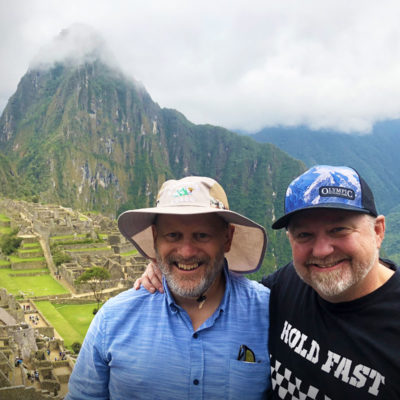 Discover: Home
Discover: Home
-
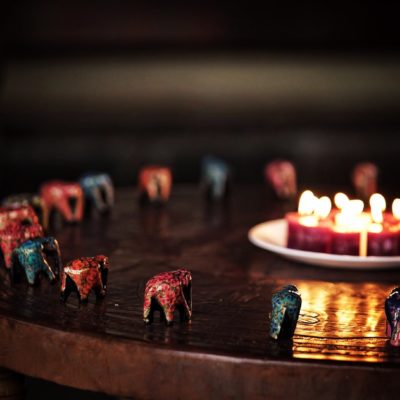 Discover: Resources
Discover: Resources
-
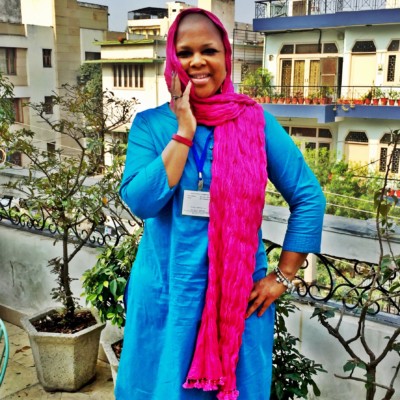 Theme 1: Possibility
Theme 1: Possibility
-
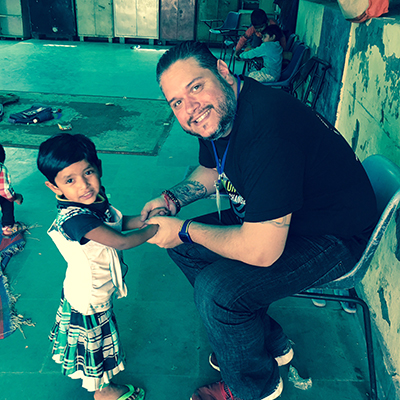 Theme 2: Intention
Theme 2: Intention
-
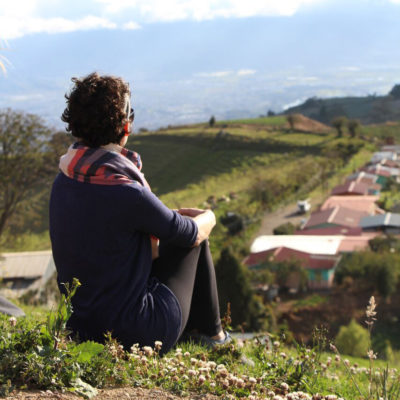 Theme 3: Vulnerability
Theme 3: Vulnerability
-
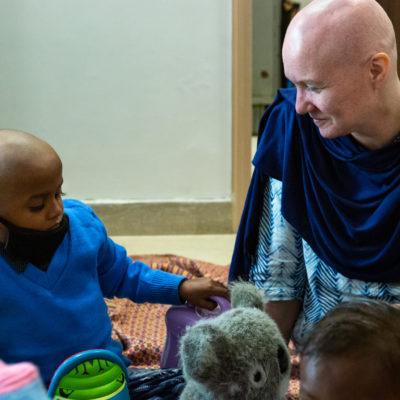 Theme 4: Perspective
Theme 4: Perspective
 Watch
Read More
Watch
Read More
Featured Ted Talk
In 1991, Shaka Senghor shot and killed a man. He was, he says, “a drug dealer with a quick temper and a semi-automatic pistol.” Jailed for second-degree murder, that could very well have been the end of the story. But it wasn’t. Instead, it was the beginning of a years-long journey to redemption, one with humbling and sobering lessons for us all.
Watch his powerful TED Talk here: Why Your Worst Deeds Don’t Define You.
DOCUMENTARY
 Listen
Read More
Listen
Read More
PodCASTS
- Shaka Senghor Session: Things I Learned in Prison You Can Apply to Your Life. In a live appearance at UCLA’s Royce Hall, author, mentor and criminal justice activist Shaka Senghor uses his powerful story to share the surprising universal life lessons he learned in prison. At the age of 19, Shaka was sent to prison for second-degree murder. After being incarcerated for nearly two decades, he walked out a changed man in 2010. Shaka also describes the moment in prison when he realized that compassion was the key to his spiritual transformation.
- TED Radio Hour: Comfort Zones. We’re all guilty of getting too comfortable — with our routines, social circles, the status quo. But is it stopping us from growing? This hour, TED speakers explore ways to push out of comfort zones.
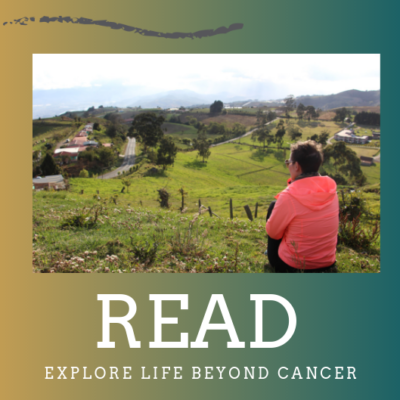 Read
Read More
Read
Read More
BOOKS:
- Half the Sky: Turning Oppression into Opportunity for Women Worldwide by Nicholas Kristof and Sheryl WuDunn
ARTICLES & AFC BLOG POSTS
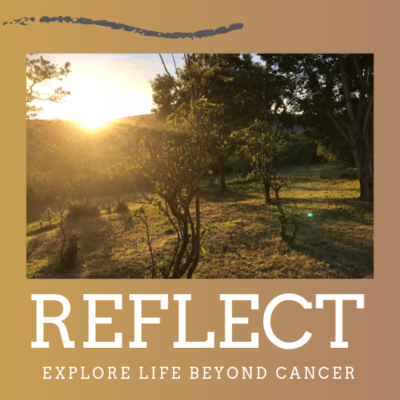 Reflect
Read More
Reflect
Read More
REFLECTION Prompts:
There is no right way to tackle the reflection prompts below. You can answer any, all or none of the questions. You can either write the answers in a more traditional journaling format (either in a physical journal or an online journal) or you could explore the creative process of art journaling. Or, sit down with someone in your life and ask these questions of each other. This is simply an opportunity to carve out some time to reflect and see what emerges.
- After participating in the activity and doing something you normally would not do (or thinking about a time you chose to do something that was uncomfortable), what feelings or thoughts came up for you? | Consider making a feelings mandala by drawing a circle. Pick colors for different feelings and emotions and then fill in the circle with the biggest emotion(s) taking up the most space in the circle and the lesser emotion(s) taking up less space in the circle.
- What did you do when you had these feelings, thoughts or emotions? What are other ways that you could use in the future? | Make a cartoon about a character that is doing something out of their comfort zone. See what happens to the character and maybe use thought or word bubbles.
- Identify at least two things you are hoping to gain from this whole experience. | Use images and pictures to show this.
- Think about a pros/cons list around doing something out of your comfort zone.
- What would you do if you had no risk of failing? | Create symbols that represent what this would look like.
Please note: The content of the A Fresh Chapter Odyssey Program is not intended to be a substitute for professional advice, diagnosis, or mental health treatment. If any of our content brings up feelings that are difficult to process, we encourage you to seek the advice of a mental health professional or another qualified health provider.
Discover Series Theme #4: How Might Expanding Your Perspective Enhance Your Life?

When was the last time you felt really uncomfortable? I mean crawl out of your skin, get me out of this moment uncomfortable?
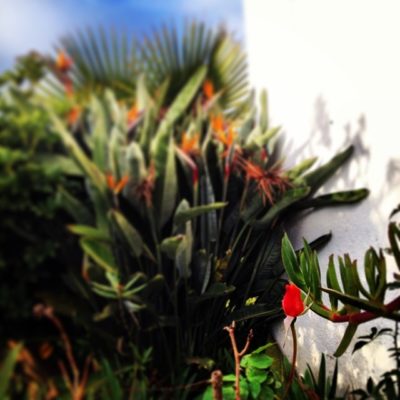 For me, it was on a chilly February morning in 2012. The day had started so well. A cup of steaming, fragrant chai; a fascinating ride through cars, scooters, and bicycles jockeying for space on the clogged streets of New Delhi; and the slow opening of the wrought iron gates as the Cross-Cultural Solutions SUV slipped into a leafy enclave of trees and flowers.
For me, it was on a chilly February morning in 2012. The day had started so well. A cup of steaming, fragrant chai; a fascinating ride through cars, scooters, and bicycles jockeying for space on the clogged streets of New Delhi; and the slow opening of the wrought iron gates as the Cross-Cultural Solutions SUV slipped into a leafy enclave of trees and flowers.
As soon as I stepped onto the freshly washed asphalt and heard the sounds of clanging metal and nonsensical yelling ricocheting off the walls of the building’s inner courtyard, my pulse quickened and sweat gathered under the arms of my new Indian style tunic.
My tour guide for the day — a veteran volunteer at Mother Teresa’s — signaled for me to follow her and like a reluctant teenager, I buried my hands deep in the pockets of my raincoat while I watched her dispense hugs. She called out “Namaste” as she greeted women without limbs; women with drool on their shirts; and women with the blank stares.
What if I can’t do this, I thought? What if I can’t spend the next three weeks volunteering at Mother Teresa’s Home for the Dying & the Destitute? What if working with these women – all abandoned because of their mental or physical handicaps – is too much for me?
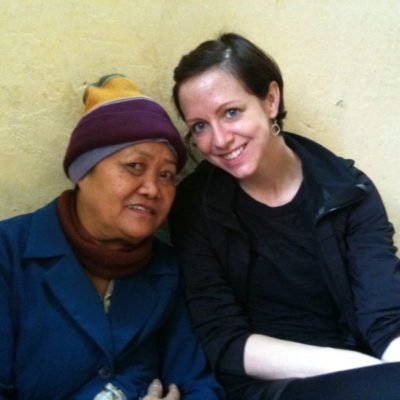 Sure, at 32 years old, I had experienced plenty of strife. I’d lived through breast cancer and its three surgeries, four rounds of chemotherapy and unexpected psychological turmoil. I’d witnessed the appalling conditions of cancer hospitals in Vietnam and cleaned up the “running stomach” of a scared little boy in the Townships of Cape Town. But, to spend three weeks working face to face with women who have missing limbs or giggle spontaneously or have developmental delays? I wasn’t so sure. Even though I wished it didn’t unnerve me, the desire to crawl out of my skin told me otherwise.
Sure, at 32 years old, I had experienced plenty of strife. I’d lived through breast cancer and its three surgeries, four rounds of chemotherapy and unexpected psychological turmoil. I’d witnessed the appalling conditions of cancer hospitals in Vietnam and cleaned up the “running stomach” of a scared little boy in the Townships of Cape Town. But, to spend three weeks working face to face with women who have missing limbs or giggle spontaneously or have developmental delays? I wasn’t so sure. Even though I wished it didn’t unnerve me, the desire to crawl out of my skin told me otherwise.
My fellow volunteer saw me shifting from one foot to the other and handed me a set of nail clippers from a crinkled plastic bag. She led me into the courtyard where the women had gathered on metal benches or blankets that were strewn out across the almost-dry cement.
A patient approached me, her bracelets jingling along her tiny wrists as she took my hand to lead me to a patch of sunlight. As we settled onto the ground, she offered each nail to me like a gift and when I finished, pure delight ignited in her eyes. Although she couldn’t speak, she hugged me and the background chaos and noise of the other women faded away.
Every day for the next three weeks, I watched her eyes brighten when I rounded the corner into the building. As I settled into the rhythm of daily nail cutting, feeding and spending time with these women, I began to look forward to their hugs and the simple joy on so many of their faces when they saw my eyes light up, just for them.
How Might You Expand Your Perspective?
Stepping out of our comfort zones is uncomfortable. It seems obvious, doesn’t it? And yet, for so many of us, we wish we could fast-forward to the growth and skip the messy, vulnerability-inducing learning that comes from finding yourself in a country where you can’t speak the language or, perhaps, volunteering in a capacity that is new to you. But, what if you could let yourself off the hook for thinking you must be the perfect volunteer or to embark on any new endeavor in your life perfectly?
For me, volunteering has become one of the quickest ways I’ve found to change my perspective. The minute I step into a volunteer role, I can see the challenges in my life in a much wider context. I feel the joy of connecting with others and always leave with a renewed sense of possibility and purpose. But, as the passage from my time in India in 2012 demonstrates, it’s not always easy. For many of us, volunteering or stepping out of our comfort zones in any way challenges us to come to grips with our humanity, our preconceived notions, and our vulnerabilities.
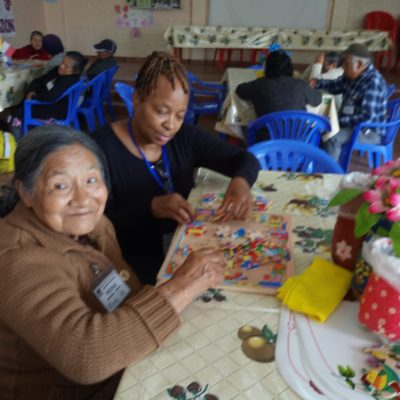 As you embark on this next phase of your A Fresh Chapter Odyssey, it is hard to imagine how the experience ahead might change you. You may come face-to-face with poverty and injustice that breaks your heart. You may discover things about your story that challenge you to forgive someone or let go of old hurts. You may decide you want to make small or big changes in your life, which can be liberating and terrifying in equal measure.
As you embark on this next phase of your A Fresh Chapter Odyssey, it is hard to imagine how the experience ahead might change you. You may come face-to-face with poverty and injustice that breaks your heart. You may discover things about your story that challenge you to forgive someone or let go of old hurts. You may decide you want to make small or big changes in your life, which can be liberating and terrifying in equal measure.
Try to give yourself permission to feel all of it. Give yourself this rare opportunity to expand your perspective and question the well-oiled grooves in your mind about why something “should” be a certain way. Start to embrace a deep sense of curiosity – which is a theme we will continue to explore together. Know that you will meet fellow travelers who will challenge you and support you, knowing that when this experience is over, you might not be able to articulate it perfectly, but there will be people who get it.
You embarked on this Odyssey because you were seeking something in your life. What you discover will be different from what others discover, but we hope that through the resources, the journaling prompts, and the experiences ahead – you will emerge a wiser and more self-compassionate version of you.
Here’s to the incredible adventures ahead.
Activity
We don’t necessarily have to travel or volunteer to see things from a new perspective. A book, a TED Talk, a movie, or making a decision to do something we wouldn’t normally do can give us new insights and shift our perspective. For this theme, here are a couple of different optional activities:
Option #1: Do something you would normally not do (examples: visit a place of worship different than your own, go to a concert for a type of music that you wouldn’t normally listen to, go to a festival, fair or museum or volunteer at something you wouldn’t normally pursue. Then, take some time to reflect (see this week’s reflection prompts) about what you learned about yourself through this experience.
Option #2: If you’re short on time before the next phase of the Odyssey experience begins, here is another option. Take 12 minutes to watch this TED Talk by Shaka Senghor and see what his words evoke in terms of your perspectives on the prison system or any parallels you might see in your own story.
Alumni Spotlight: Tamara Discovers A Whole New World In Peru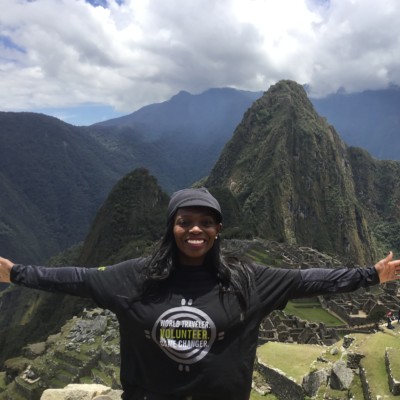
It all began with the traffic jam. The airport was modern, bustling with people eagerly searching for family, echoing with crisp vowel sounds of the native Spanish tongue. Outside, diesel fuel from the sea of jitneys filled the air. It was 10:30 pm at night, but the number of vehicles on the road were reminiscent of 5:00 pm rush hour back in The States. The traffic jam was already symbolic of a cancer survivor’s life of trying to be a normal wife, mother, employee, and friend, all fighting for position, merging into a one-lane street.
I soaked up the sights, sounds, and fragrances, tucking them away as breadcrumbs on my path to have others share along this journey. Void of any expectations, I was diving in to immerse myself into this once in a lifetime volunteer experience, selflessly serving others and helping preserve their strengths within. Not only was it a chance to volunteer, but it was also a unique opportunity to connect with other survivors and caregivers who have experienced the earthquakes and tremors from cancer. Peru is located on the San Andreas Fault. They are accustomed to earthquakes and the fortitude it takes to rebuild. Perhaps, the land itself had something to teach us. After an earthquake, everyone involved reinforces their foundation so they can continue to build.
I expected to be moved; I did not expect to be transformed. There was no compartment to store the visions of poverty that the people in Peru faced. Children and the elderly, alongside dogs looking through dumps for food. Despite their immediate surroundings, they still seemed to find an unwavering drive and a boundless inner peace. I was honored to be able to contribute to the hope that each child was important and encourage them through teaching.


